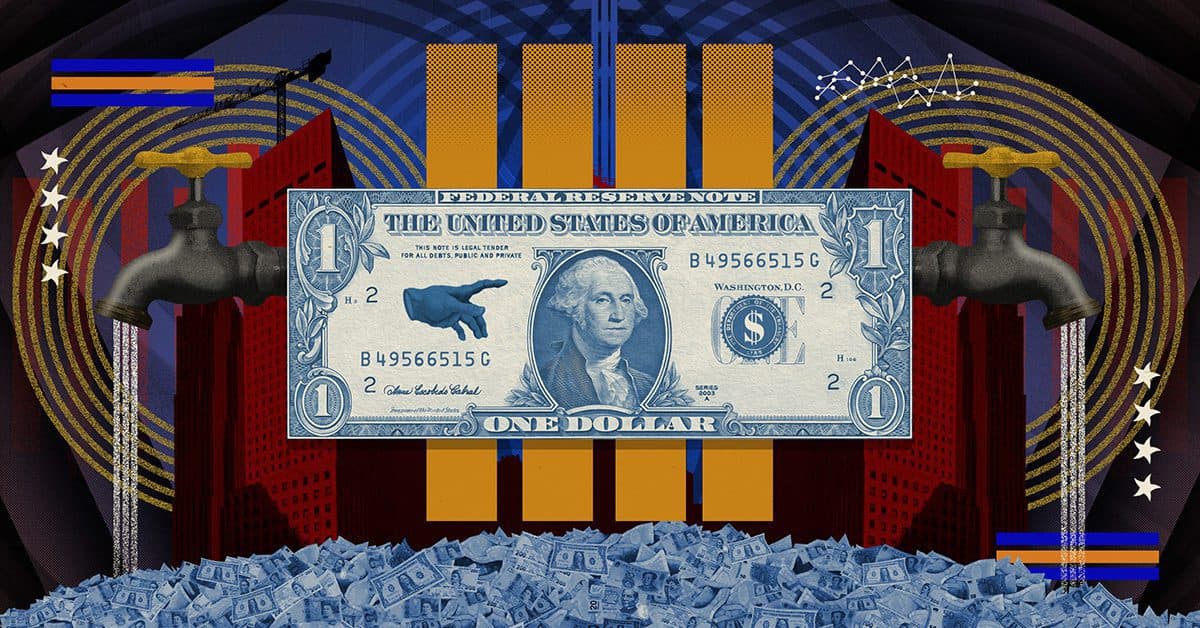Oasis Foundation Launches $160M Fund for DeFi, NFTs, Metaverse and More
The fund will focus mainly on DeFi, NFTs, metaverse, data tokenization, data DAO, data governance, and privacy applications to power the next wave of developers, Linda Lu, head of ecosystem at Oasis said in an interview with Blockworks.

Blockworks exclusive art by Axel Rangel
- Oasis Network is a layer-1 decentralized blockchain network designed to enable data privacy within DeFi, dApps, NFTs, DAOs and other Web3 applications
- Across the board, Oasis Network currently has over 50 dApps in the integration pipeline
Oasis Foundation is launching a $160 million Ecosystem Fund to help build decentralized applications, or dApps, on its Oasis Network.
The fund will support both new and existing projects building on Oasis Network and focus mainly on DeFi, NFTs, metaverse, data tokenization, data DAO, data governance, and privacy applications to power the next wave of developers, Linda Lu, head of ecosystem at the foundation, said in an interview with Blockworks.
”Those (areas) will generate, and have proven to generate, strong momentum,” Lu said. “We do see very promising futures here in those spaces,” Lu said.
The launch is with participation from AME Cloud Ventures, Dragonfly Capital Partners, Draper Dragon Fund, Electric Capital, FBG, Jump Capital, Kenetic Capital, NGC Ventures, Pantera Capital and Oasis Foundation, among others.
Oasis Network is a layer-1 decentralized blockchain network designed to enable data privacy within DeFi, dApps, NFTs, DAOs and other Web3 applications, Lu said. Across the board, Oasis Network currently has over 50 dApps in the integration pipeline, Lu added.
Compared to Ethereum, Oasis Network states it improves the usability of DeFi and expands it beyond traders and early adopters through 99% lower gas fees than Ethereum, protection of sensitive information, defense against miner extractable value, or MEV and other elements, the company said.
“I think DeFi has primarily crypto enthusiasts but once we have the MEV problem figured out then we can bring a more broader institutional money in — that’s something we’re hoping for,” Lu said.
In the future, Lu said she hopes the “Ecosystem Fund will continue to grow and support future founders with high momentum applications that can gain traction on Oasis Network.”
Get the day’s top crypto news and insights delivered to your inbox every evening. Subscribe to Blockworks’ free newsletter now.






